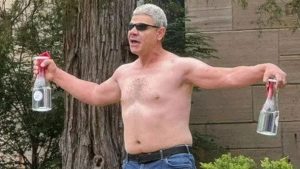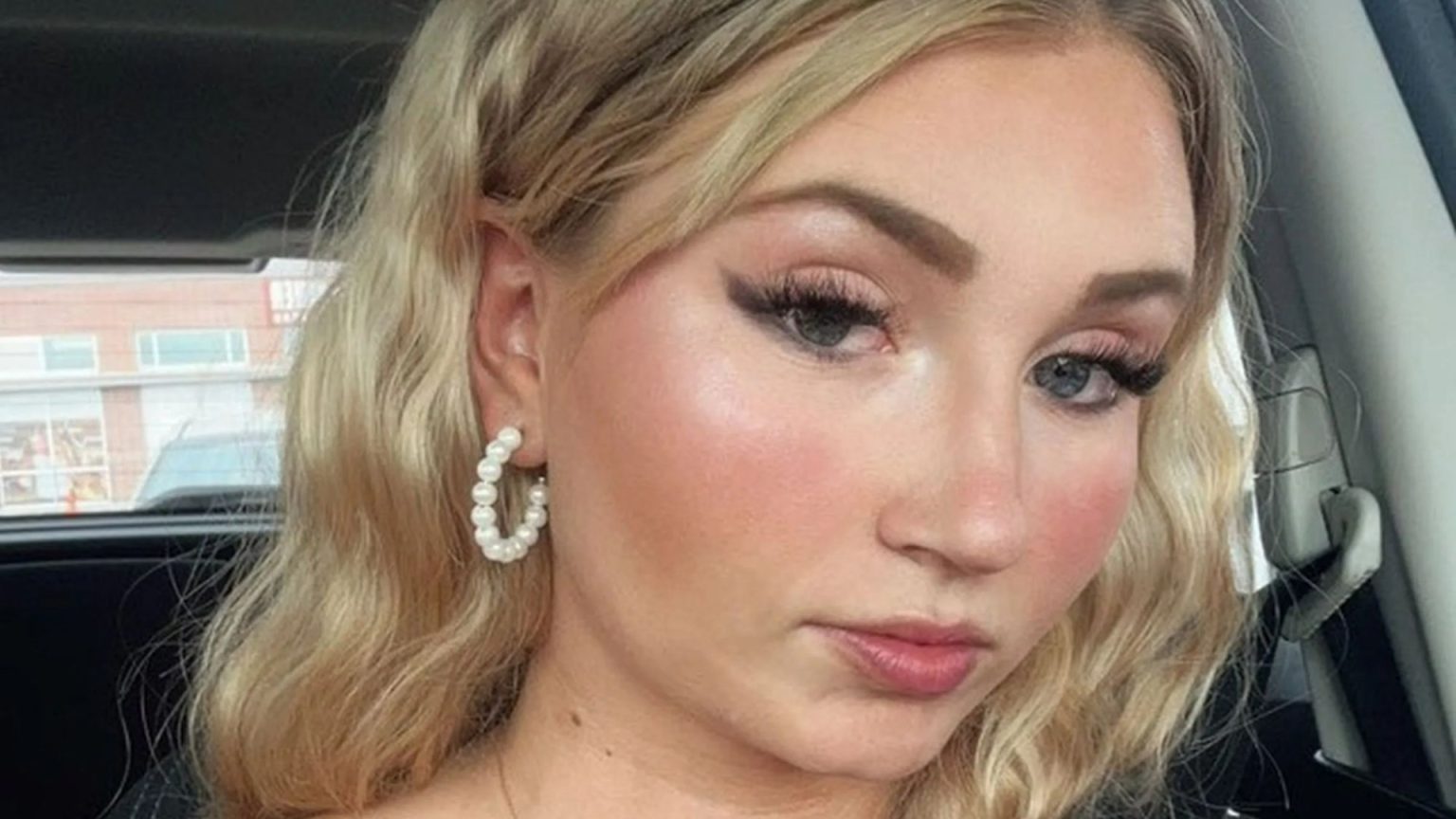Carson Favero, a 20-year-old from Salt Lake City, Utah, considers herself incredibly fortunate to have been involved in a car accident. While the accident itself was minor, the subsequent medical examination revealed a life-altering discovery: a brain tumor that had been growing undetected since her childhood. Prior to the accident, Carson had experienced various symptoms, including recurring nausea, sudden weight gain, numbness in her extremities, and occasional dizziness and fainting spells. However, her concerns were repeatedly dismissed by doctors, who attributed her symptoms to anxiety related to her athletic activities or minor deficiencies, leaving her feeling invalidated and frustrated. The car accident, which occurred in May 2024, became the catalyst that finally led to a proper diagnosis.
The seemingly insignificant fender-bender occurred after Carson had driven a friend to the airport and was en route to a family member’s house. While making a left turn, another car rear-ended her vehicle, causing whiplash. While initially concerned about her dog who was in the backseat, Carson soon developed neck and head pain. A subsequent CT scan at the hospital revealed an anomaly in her brain, prompting further investigation with an MRI. The MRI confirmed the presence of an invasive brain tumor, a shocking revelation that explained the myriad of symptoms she had endured for years. Carson reflects on the chain of events leading up to the accident, acknowledging the seemingly miraculous nature of the situation. She had initially been hesitant to drive her friend to the airport and had also been reluctant to visit family that day. The confluence of these decisions placed her in the exact location at the precise time for the accident to occur and ultimately lead to the discovery of the tumor.
The diagnosis brought a sense of validation for Carson, confirming that her symptoms were not imaginary or psychosomatic, as some medical professionals had suggested. She recalls numerous instances of expressing her concerns to doctors, only to be dismissed and misdiagnosed. This experience left her feeling deeply let down by the healthcare system, particularly as a woman whose concerns seemed to be minimized or attributed to emotional factors. The realization that the tumor had been present since childhood, silently growing and impacting her health, was both startling and frustrating. The implications of early detection were stark: if the tumor had been discovered sooner, it might not have reached the invasive stage, requiring a complex and challenging surgery.
The surgery to remove the tumor was a grueling six-hour procedure, during which surgeons meticulously removed the growth “cell by cell.” The invasive nature of the tumor, which had wrapped around her brainstem, made the operation particularly delicate. Following the surgery, Carson faced a challenging recovery period. She spent six weeks in a neurorehabilitation center, undergoing intensive speech, physical, and occupational therapy to regain basic functions, including walking. The emotional toll of the experience was significant, leaving Carson feeling like a different person, grieving the loss of her former self and struggling with anxiety, particularly when in cars.
Despite the physical and emotional challenges, Carson has emerged from this ordeal cancer-free. However, the experience has left her with a profound sense of loss and a renewed determination to advocate for better healthcare for women. She feels a deep sense of grief for her former self, the person she was before the accident and the subsequent diagnosis and treatment. The trauma of the surgery, the grueling rehabilitation, and the emotional toll of facing her own mortality have left her feeling like a shell of her former self. The once vibrant and energetic young woman is now navigating a new reality, grappling with anxiety, emotional fragility, and the lingering effects of the trauma.
Carson is using her platform on TikTok to share her story and raise awareness about the importance of listening to one’s body and advocating for appropriate medical care. She emphasizes the need for medical professionals to take women’s health concerns seriously, urging them to avoid dismissing symptoms or attributing them solely to gender-specific factors. Carson’s message is clear: if you feel something is wrong with your body, persist in seeking answers and demanding the necessary tests. Don’t allow yourself to be dismissed or invalidated. Your health and well-being are paramount, and you are your own best advocate. She hopes her story will empower other women to speak up, demand proper medical attention, and ultimately take control of their own health journey.




